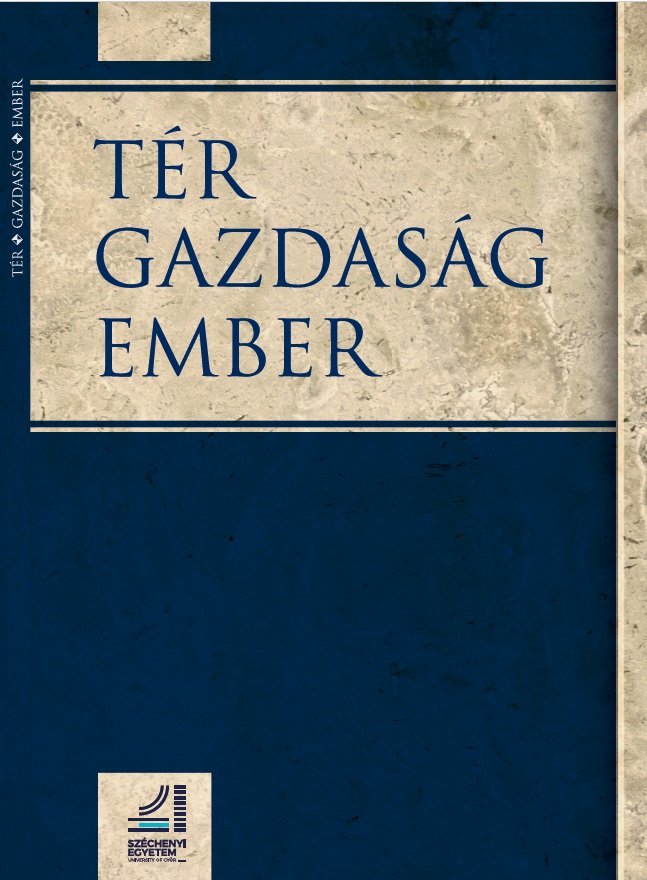The Role of Integration of Immigrants and theEuropean Political Attitudes
Kulcsszavak:
Europe, inclusion, integration policy, immigration, subsidiarityAbsztrakt
Migration is one of the main factors that shape the social-economic structures and political tools of a nation, but it also accelerates the development of urban areas. Europe has experienced a number of waves of migratory movements in the last decades, and issues relating to integration of immigrants have been becoming even more important for the political platform as well. The dynamics and combined effects of migratory movements, national policies and the roles of local authorities still present a mixed picture in Europe. Integration policies are mostly defined from the aspect of a regime. Some countries have restrictive immigration and integration policies, other nations provide easier access to their political and welfare systems. However, information sheets on language courses, cultural events and on the preconditions for the citizenship are the most-known tools of integration of newcomers. But based on diverse theories and also on a cross-country comparison of integration policies, this study shows that the scale of possibilities, goals and measures are wide. The meaning and structure of integration and particularly of political inclusion can be thereby analysed on the base of differentiated aspects or some chosen tools considered as best practices.
Megjelent
Folyóirat szám
Rovat
License
Copyright (c) 2025 Tér - Gazdaság - Ember

This work is licensed under a Creative Commons Attribution-NonCommercial 4.0 International License.


